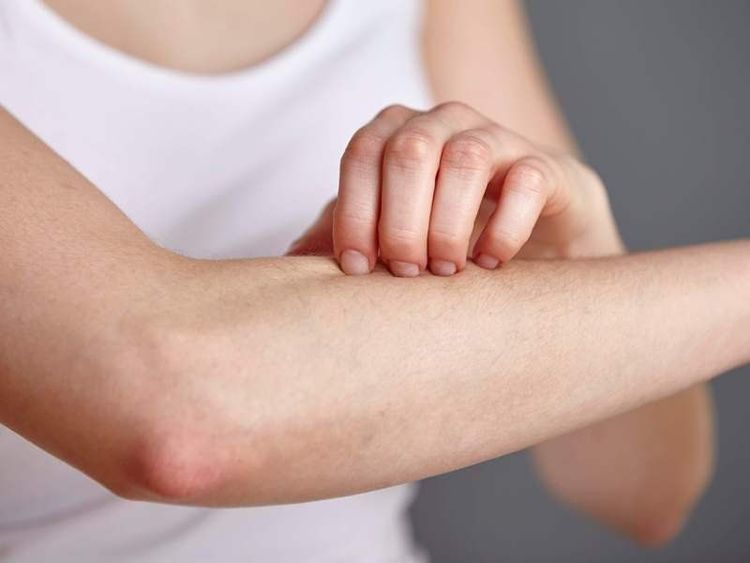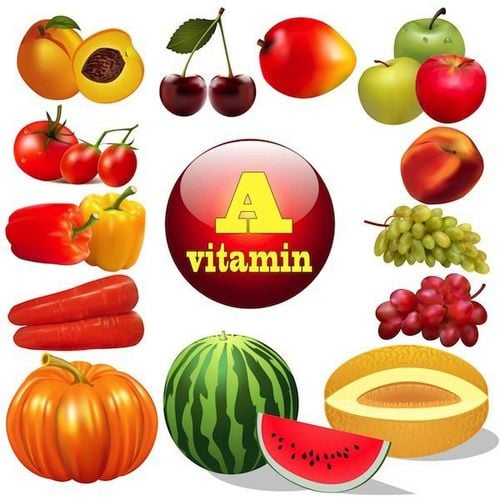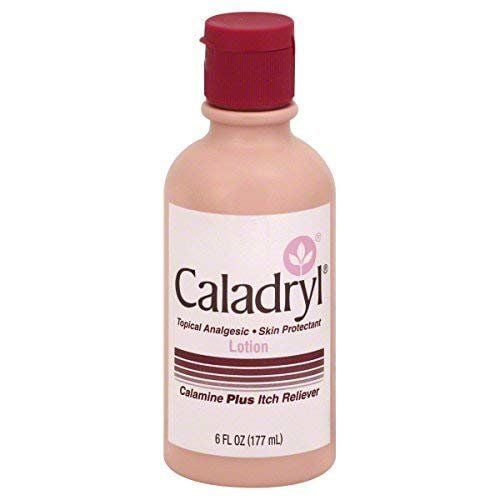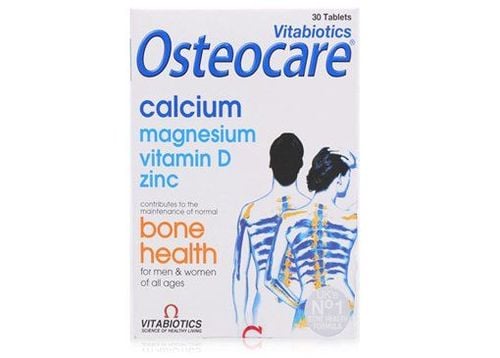Hives and itchy skin can sometimes indicate unhealthy skin resulting from a poor diet. What nutrients might be deficient in the body when itchiness occurs?
The skin, the body’s largest organ, comprises three primary layers: the epidermis (outer layer containing dead cells), the dermis (containing blood vessels, nerves, and sweat glands), and the hypodermis (made up of fat cells). Symptoms of many internal diseases often manifest through the skin.
Blood transports essential nutrients to all organs and tissues, including the skin, ensuring its health and vitality. A balanced and nutritious diet promotes healthy skin, while a lack of essential nutrients can lead to issues such as itchiness.
1. Itchy Skin Due to Calcium Deficiency
Calcium is an essential mineral that performs several critical functions in the body. It is a key component of bone structure, constituting about 70% of bone mass. Moreover, calcium is essential for muscle contraction, serves as an important neurotransmitter in the nervous system, and is critical for the overall functioning of the body.
Therefore, a deficiency in calcium can lead to several health issues, including osteoporosis, weak nails, brittle hair, muscle cramps, spasms, memory loss, and in severe cases, dementia. Additionally, a lack of calcium can contribute to mood disorders such as depression and anxiety, as this mineral is instrumental in mood regulation.
Beyond the symptoms mentioned, individuals suffering from calcium deficiency may also experience tingling sensations in the hands and feet, alongside itchy skin. This occurs because the nervous system becomes easily stimulated. Tingling around the mouth or fingers is indicative of a more severe deficiency.
If you experience itchy skin and suspect a calcium deficiency, consult a healthcare professional for accurate testing and guidance on supplements. Excess calcium can be harmful, so appropriate dosage is essential.
Furthermore, maintaining a nutritious diet rich in calcium is essential. Increasing the consumption of foods such as fish, shrimp, milk, and dairy products can help ensure that the body receives an adequate supply of this important mineral.

2. Itchy skin due to vitamin A deficiency
Vitamin A is crucial for maintaining the health of the skin, hair, and eyes. This essential nutrient helps prevent skin infections, reduces dryness and flakiness, helping blood circulate to the skin surface, thereby helping the skin to be rosy and healthy because it receives enough nutrients.
When there is a deficiency of vitamin A, the skin can become dry, itchy, flaky, and rough in texture. To increase vitamin A intake, you can increase foods such as egg yolks, animal liver, orange and yellow vegetables and fruits such as carrots, tomatoes, pumpkins, sweet potatoes, papayas.
A lack of vitamin A or calcium can be the reason for itchy skin. To determine whether you are deficient in these nutrients, it is advisable to consult with a healthcare professional. They can evaluate your symptoms alongside test results to recommend the appropriate treatment and dosage.
To arrange an appointment, please call … or make your reservation directly HERE. You may also download the MyVinmec app to schedule appointments faster and manage your reservations more conveniently













